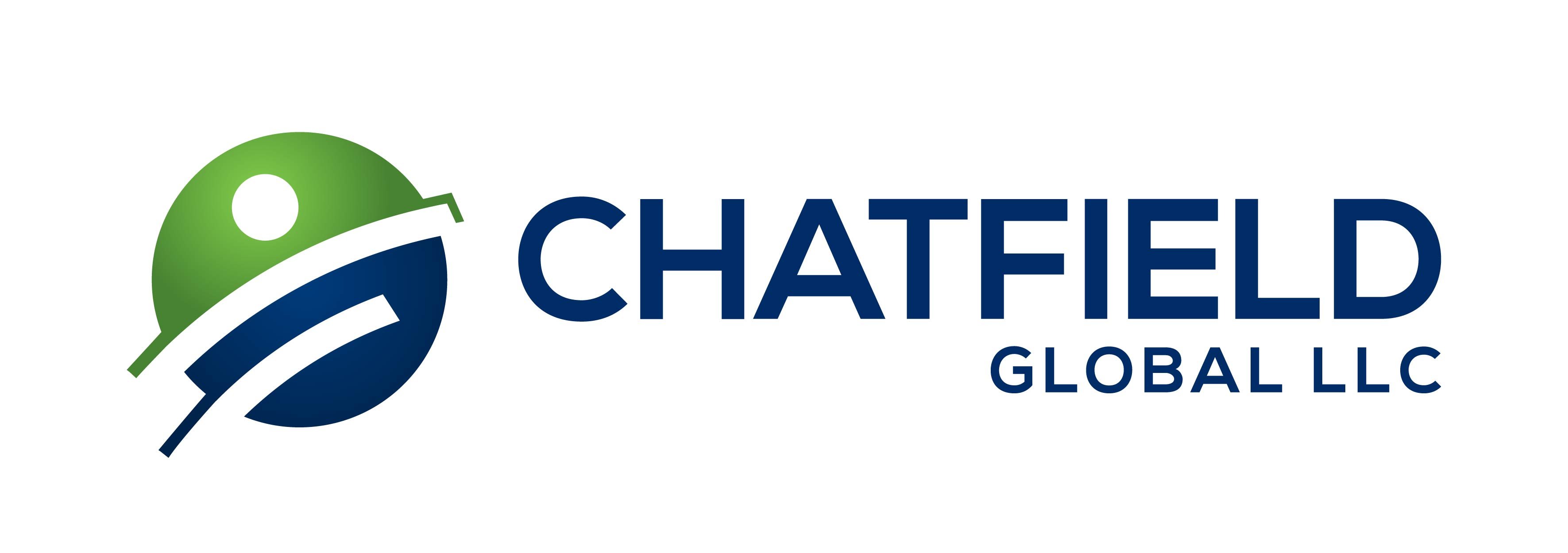Driving Success: How Companies Leverage Organizational Effectiveness Principles for Growth and Efficiency
Case Study: Organizational Effectiveness and Outsourcing
Part I: Driving Success: How Companies Leverage Organizational Effectiveness Principles for Growth and Efficiency
Organizational effectiveness is a critical factor in determining whether an organization can achieve its objectives and sustain its success over time. It’s the measure of how well a company utilizes its resources—whether human, financial, or technological—to create value and meet its goals. But what does it really take for an organization to be truly effective? This case study breaks down the key components of organizational effectiveness and explores how it benefits organizations in various ways.
What is Organizational Effectiveness?
At its core, organizational effectiveness refers to the ability of a company to meet its goals efficiently and sustainably. It evaluates how well an organization uses its resources, such as people, processes, and technology, to produce desired outcomes.
For an organization to be effective, it must align its strategy with its operational capabilities, ensuring that every team member and department contributes to a common goal. This involves optimizing processes, maintaining clear communication, and leveraging performance data to drive better decision-making.
Key Benefits of Organizational Effectiveness
Organizational effectiveness touches every aspect of a company, from employee morale to financial performance. The following sections highlight the major benefits:
- Improved Productivity and Efficiency: Organizations can streamline operations by optimizing workflows, processes, and resource allocation. This produces more with fewer resources, reduces redundancies, and improves return on investment (ROI). Efficiency translates into time, money, and effort savings, directly impacting profitability.
- Higher Employee Engagement and Retention: An effective organization fosters a sense of purpose and alignment among employees. Workers who understand their role in achieving the company’s mission are more likely to be motivated, satisfied, and committed to the company’s success. This leads to lower turnover rates and helps the organization retain top talent, which is crucial for long-term stability.
- Enhanced Decision-Making: Effectiveness in organizations often comes hand-in-hand with data-driven performance measurement. Leaders can use this data to make better, more informed decisions, minimizing risks and ensuring the company stays on course toward its strategic goals.
- Better Customer Satisfaction: Delivering high-quality products and services on time is the hallmark of an effective organization. Consistency and reliability in output lead to satisfied customers, who are more likely to return, recommend the company to others, and bolster its reputation.
- Greater Adaptability and Innovation: An organization that operates effectively is agile and capable of quickly responding to shifts in the market, changes in technology, or evolving competitive landscapes. A culture of continuous learning and improvement allows the company to stay ahead by fostering innovation.
- Stronger Financial Performance: Improved efficiency leads to reduced operational costs and higher profitability. By making better use of available resources, organizations can position themselves for stronger financial outcomes, securing long-term success.
- Better Collaboration and Communication: Clear communication and collaborative teamwork are vital components of organizational effectiveness. When departments work seamlessly together, shared objectives are easier to achieve, and interdepartmental efforts are more likely to align with overall company goals.
- Competitive Advantage: Organizations that focus on effectiveness can differentiate themselves in the marketplace by delivering superior value and quality. Effective companies consistently provide outstanding customer experiences, giving them an edge over competitors.
- Sustainable Growth: Effective organizations are better positioned to achieve sustainable growth. By maintaining efficiency and adaptability in both stable and challenging times, companies can ensure their long-term success without compromising operational integrity.
- Stronger Organizational Culture: A strong organizational culture is both a result and a driver of effectiveness. Employees who feel valued and supported are more likely to contribute to the company’s success. This culture fosters accountability, responsibility, and shared ownership of the organization's success, creating an environment of shared achievement.
The Impact
Organizational effectiveness is essential for any company striving for long-term success and growth. By optimizing processes, engaging employees, and fostering a culture of continuous improvement, businesses can ensure their operations run smoothly and sustainably. The benefits of organizational effectiveness—ranging from better decision-making to stronger financial performance—are far-reaching, impacting every level of the organization and contributing to its overall success.
What’s to Come
Stay tuned for the remaining three parts of this case study, where we explore the benefits of outsourcing for the overall business, take an in-depth look at human resources outsourcing, and tell the story of a Chatfield Global heavy equipment distribution industry client who took advantage of outsourcing HR, leading them to improved organizational efficiency and major cost savings.


